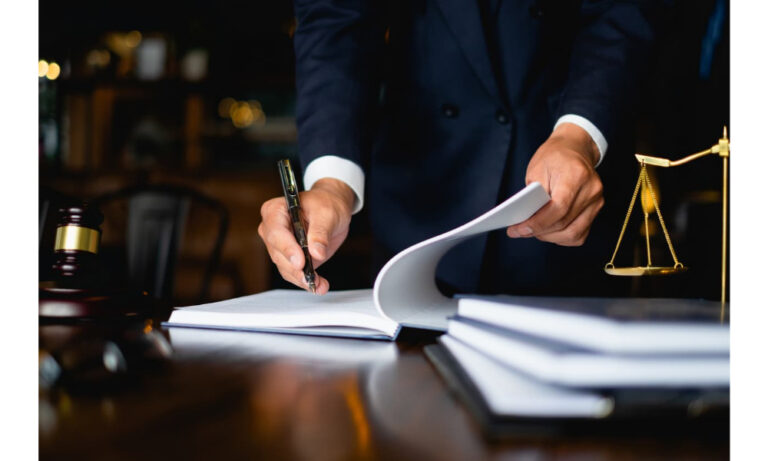Facing a criminal charge can be a daunting experience, and one of the first steps in the legal process is the criminal arraignment. Understanding what happens during this critical stage of your case is essential to being prepared and knowing your rights. A criminal arraignment is the formal process where the accused is presented with the charges against them and given an opportunity to enter a plea.
What is a Criminal Arraignment?
A criminal arraignment is the first court appearance after an individual has been arrested and charged with a crime. During this hearing, the defendant is informed of the charges they face and asked to enter a plea. The arraignment typically takes place within 48 to 72 hours of arrest, although this can vary depending on the jurisdiction.
The Process of a Criminal Arraignment
-
Reading of Charges
At the arraignment, the judge will inform the defendant of the charges brought against them. This is an important moment, as the charges will be explained clearly, ensuring that the accused understands what they are being accused of.
-
Bail and Bond Considerations
In many cases, the judge will discuss bail or bond options during the arraignment. Bail is the amount of money the defendant must pay to secure their release from jail until their trial. The judge will consider factors such as the severity of the crime, the defendant’s criminal history, and flight risk when determining bail.
-
Plea Entry
The defendant will be asked to enter a plea at the arraignment. The possible pleas are:
- Guilty: Admitting to the crime.
- Not Guilty: Denying the crime and opting for a trial.
- No Contest: Not admitting guilt but also not contesting the charges.
Entering a plea is a significant decision, and it is highly recommended that defendants consult with an experienced criminal defense attorney before making this choice.
-
Legal Representation
If the defendant does not have an attorney, the judge may appoint one to represent them. Having a lawyer present during the arraignment is crucial to ensure that the defendant’s rights are protected, and their best interests are considered.
-
Setting the Date for Future Hearings
After the arraignment, the court will set a date for the next step in the legal process, such as a pre-trial conference or trial date. This gives the defendant time to prepare for their defense.
Why Is a Criminal Arraignment Important?
The arraignment is a crucial step in the criminal justice process. It ensures that the defendant is fully informed of the charges and has the opportunity to begin building their defense. Additionally, this hearing helps to establish the terms of the defendant’s release and sets the stage for future court proceedings.
How Can a Criminal Defense Attorney Help?
Having an experienced criminal defense attorney is essential during a criminal arraignment. Your attorney can explain the legal process, advise you on the best course of action, and ensure that your rights are upheld at every step.
Contact a Criminal Defense Attorney Today
If you or a loved one is facing criminal charges, don’t go through the process alone. A skilled criminal defense attorney can help guide you through the arraignment and the entire legal process. Contact a criminal defense lawyer today to discuss your case and ensure the best possible outcome.
This post was written by a professional at The Manderscheid Law Firm, PLLC. The Manderscheid Law Firm, PLLC, is your trusted Criminal Defense Attorney in Pinellas County. With a commitment to integrity, advocacy, and understanding, my firm stands out in its dedication to giving each client and their case the personal attention they deserve. Whether you’re facing charges for DUI in St Pete FL, drug offenses, theft, or any other criminal matter, you can trust our experienced team to fight for your rights and provide the best possible defense. At Manderscheid Law Firm, PLLC, we believe in a tailored approach, ensuring every client feels heard and supported throughout the legal process.

